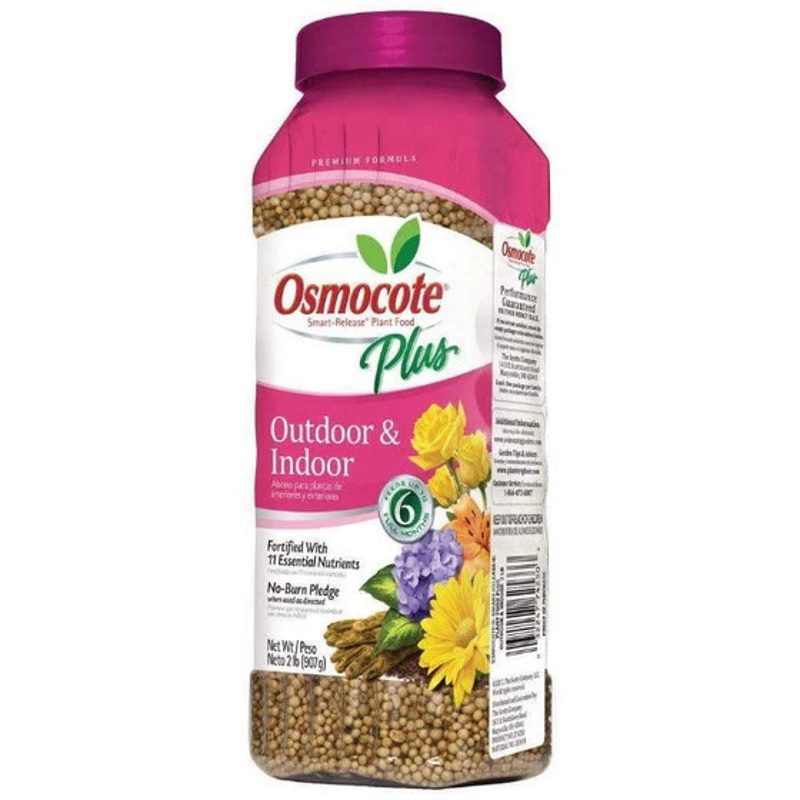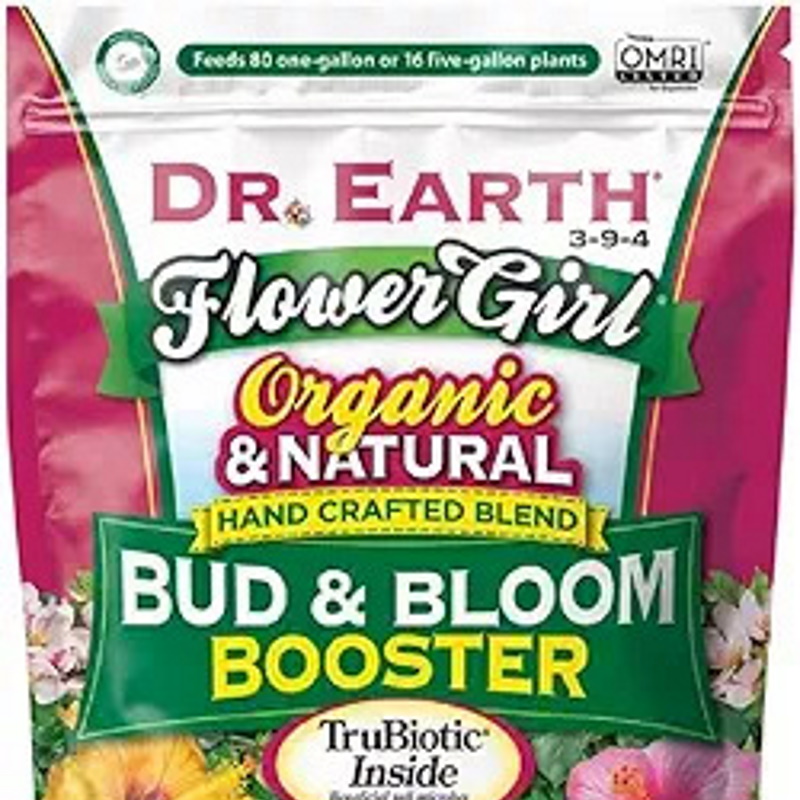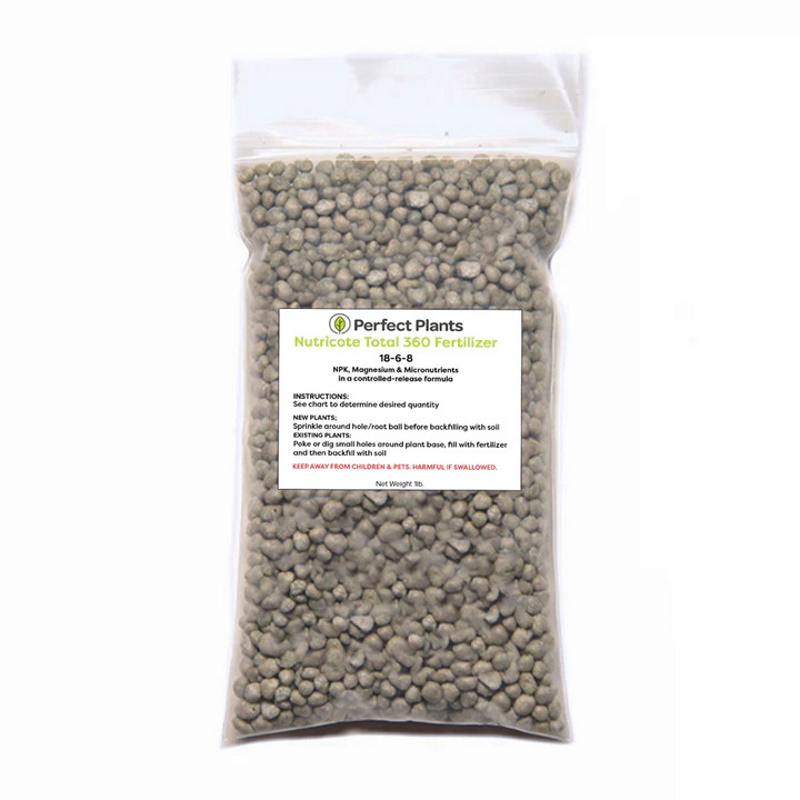Are eggshells good for plants? Experts share how this food waste can help bring your garden to life
Use this kitchen waste in your yard and you'll be rewarded with healthy plants
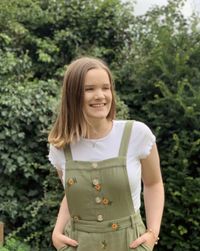
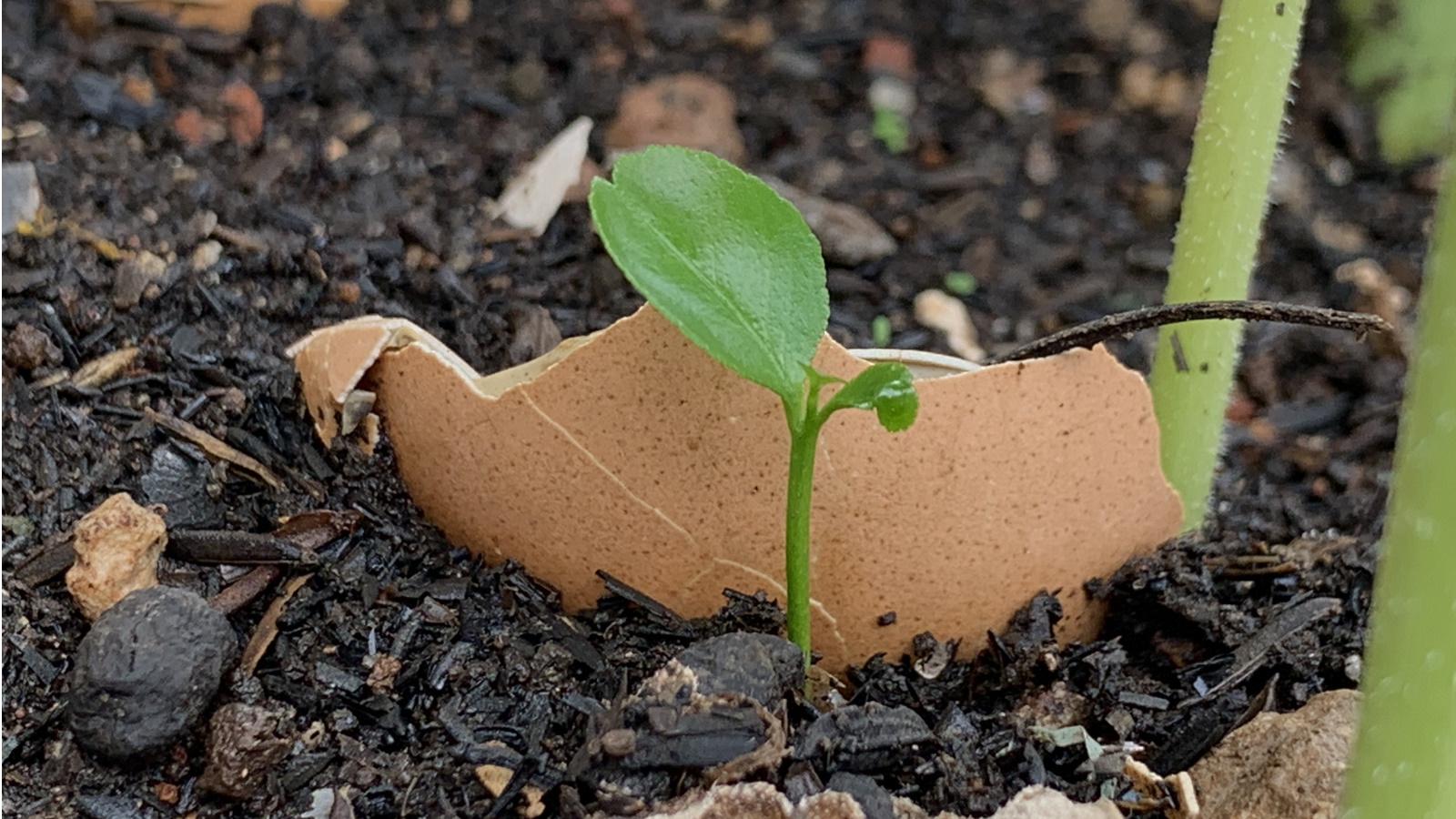
Design expertise in your inbox – from inspiring decorating ideas and beautiful celebrity homes to practical gardening advice and shopping round-ups.
You are now subscribed
Your newsletter sign-up was successful
Want to add more newsletters?

Twice a week
Homes&Gardens
The ultimate interior design resource from the world's leading experts - discover inspiring decorating ideas, color scheming know-how, garden inspiration and shopping expertise.

Once a week
In The Loop from Next In Design
Members of the Next in Design Circle will receive In the Loop, our weekly email filled with trade news, names to know and spotlight moments. Together we’re building a brighter design future.

Twice a week
Cucina
Whether you’re passionate about hosting exquisite dinners, experimenting with culinary trends, or perfecting your kitchen's design with timeless elegance and innovative functionality, this newsletter is here to inspire
Want to cut down on food waste and help your outdoor plants thrive? Then you should be making the most of discarded eggshells.
There are lots of rumors when it comes to the benefits of using eggs in the garden, some of which are true and others that are exaggerated, so, are eggshells good for plants? Eggshells contain nutrients, such as calcium, that can be helpful to plants, and understanding how to use them correctly in your yard and garden can reap plenty of benefits. However, be aware that the rewards of using eggshells may not be huge or instantaneous.
We've spoken to experts to find out more about whether eggshells are good for plants and how you can use them effectively in your outside space.

Are eggshells good for plants?
In short, yes, eggshells are good for plants, but you should be wary that using them won't boost the overall health of your plants all on their own.
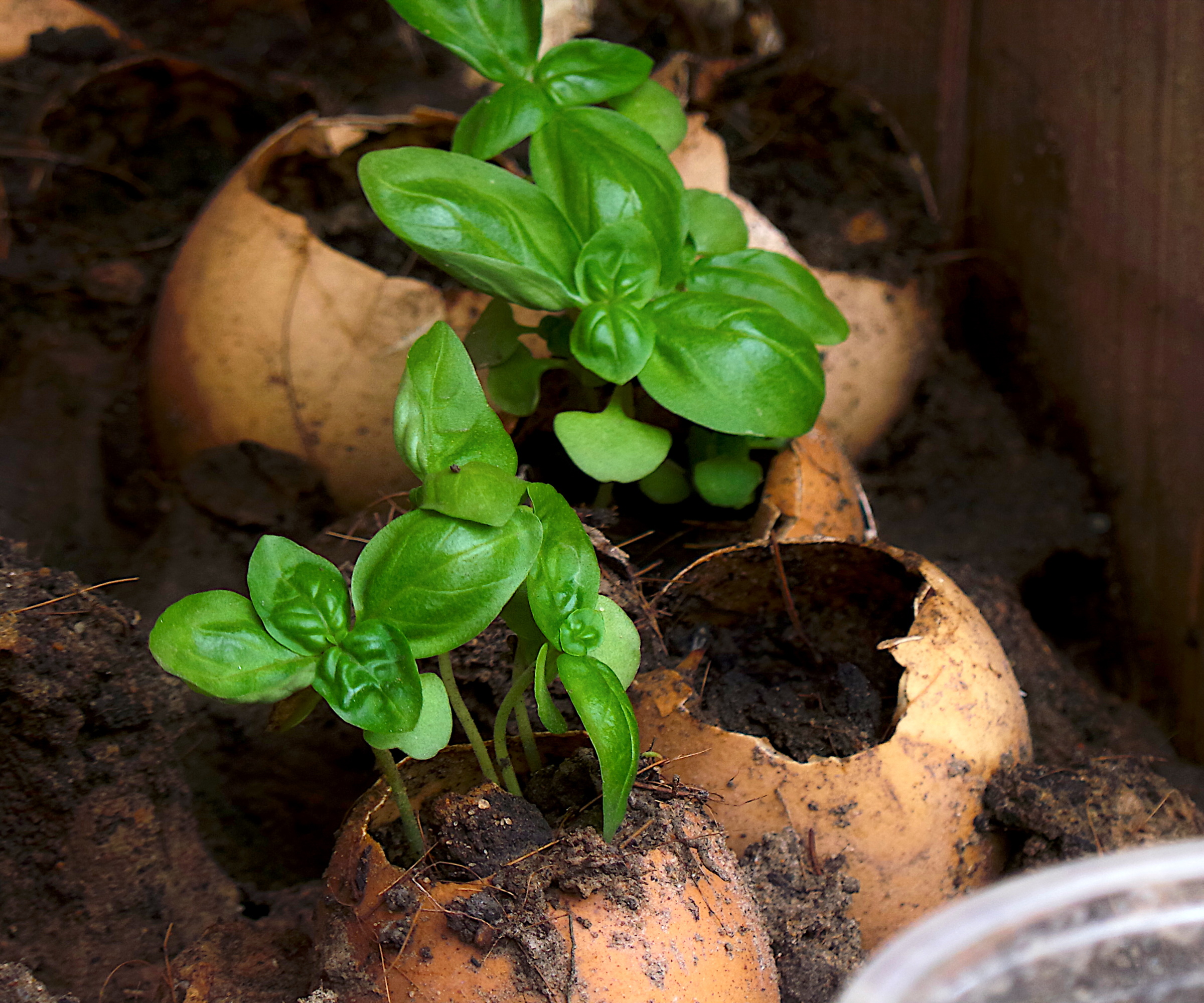
'Many claim that egg shells contain calcium which is good for the soil. While this is true, eggshells will only release that calcium after decomposing, which can take many months or even years,' says Diane Kuthy, the founder of How To Grow Everything.
The calcium from eggshells can help cultivate strong and healthy plants, encouraging growth of roots and stems. However, as Diane notes, it may take a long time for plants to reap this benefit after eggshells decompose.
'Eggshells also contain small amounts of other minerals like magnesium, phosphorus and potassium, which will enrich your soil further,' says Sally Allsop, founder of All That Grows.
Design expertise in your inbox – from inspiring decorating ideas and beautiful celebrity homes to practical gardening advice and shopping round-ups.
Another benefit of using eggshells in the soil of your plants is that it can help with pests. 'Eggshells can help deter certain pests, including getting rid of slugs and getting rid of snails due to their sharp edges,' says Sally. 'But they may attract other pests like rats if not properly crushed and incorporated into the soil,' she warns.
Overall, it's important to not wholly rely on eggshells to provide nutrition to your plants. Nevertheless, it can be a good way to use your kitchen waste in a green and beneficial way.

Diane Kuthy is the founder and lead plant expert at How To Grow Everything, a collection of comprehensive grow guides for every plant and vegetable. Diane has over 10 years of gardening experience and she currently manages a 5-acre farm, a four-season greenhouse, over 50 perennial fruit and vegetable varieties, and a large indoor plant conservatory.
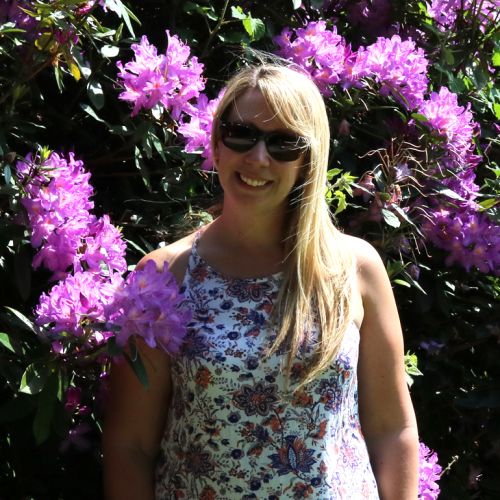
Sally is an avid gardener and founder of the online gardening site All That Grows. She has many years of hands-on gardening experience and a thirst of knowledge about plants and their needs. Sally is passionate about sharing her love for gardening and sharing tips with other gardeners.
How to use eggshells in your yard
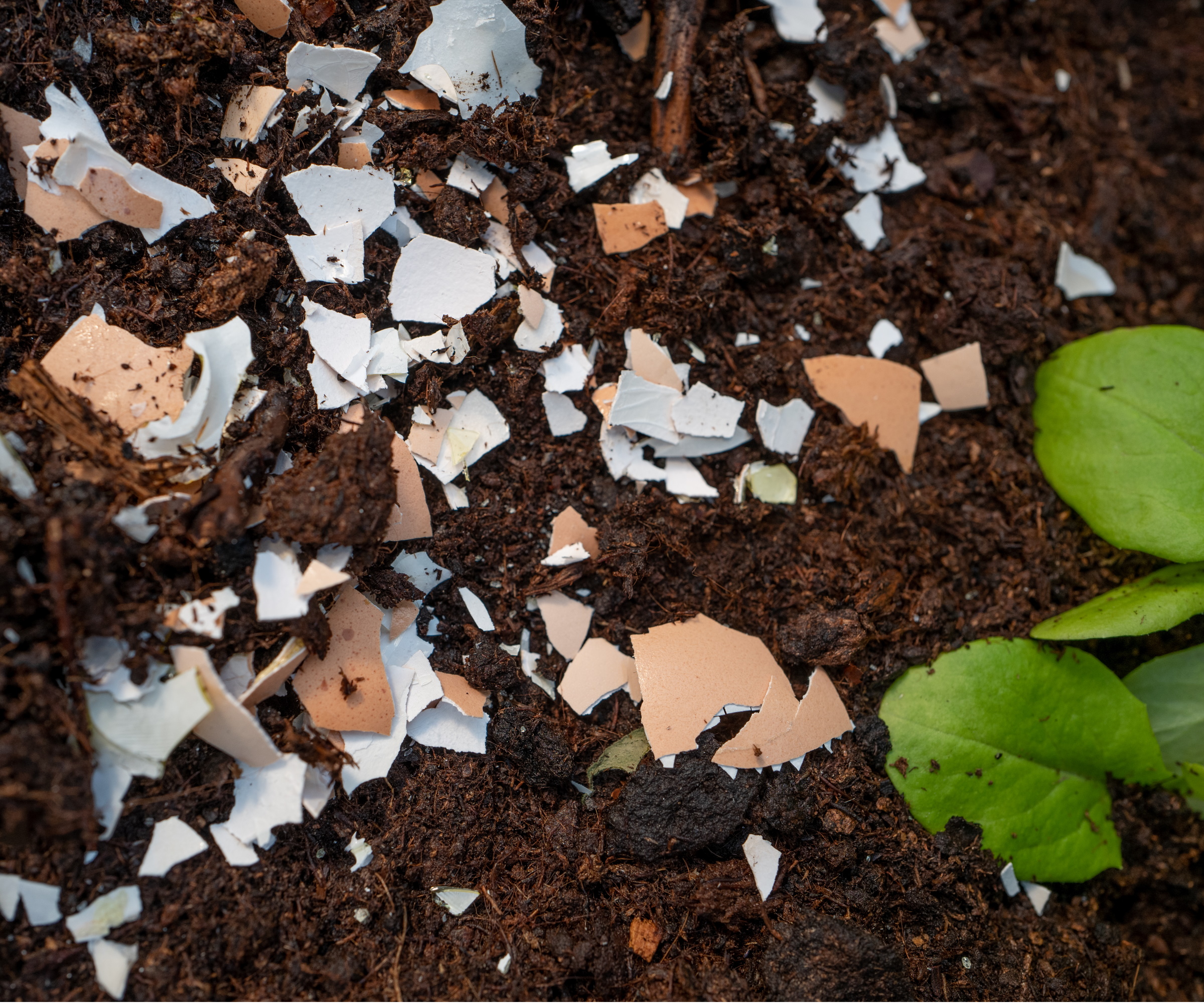
There are a number of ways to use eggshells for plants.
'The most common is where gardeners crush them into small pieces and incorporate them into the soil,' says Sally. 'This helps improve soil structure, drainage, and aeration while slowly releasing nutrients as the shells decompose,' she adds.
Many gardeners have also chosen to make DIY seed trays from eggshells to grow seedlings in. 'If you sterilise your eggshells by boiling them for around 30 minutes, you can use them as little cellular pots to grow your seeds into,' says Sally. 'Then when your seedling is ready to be planted out, you can pop it, still in its eggshell into your garden,' she adds.
Because eggshells can take some time to decompose, Diane suggests using them in compost as a more effective method. 'The best ways to use eggshells is to compost them in a hot compost pile or feed them to your chickens,' she says.
It's a good idea to try using a fertilizer alongside eggshells to provide your plants with optimal nutrients.
Shop plant food online
FAQs
Can you use eggshells on indoor plants?
Eggshells can be good for plants by providing nutrients as they decompose. You can use them for indoor and outdoor plants alike by crushing them up and placing them in the soil. They will help promote growth as they decompose and provide calcium, among other nutrients, to your plants.
Eggshells can promote healthy growth of your plants by releasing nutrients as they decompose – so don't rush to throw them out with your everyday kitchen waste.
Just be aware that it may take some time, but it's still worth repurposing them in this way. For more sustainable gardening methods, you can also use your coffee grounds for plants to help boost the growth of your plants.

Tenielle is a Gardens Content Editor at Homes & Gardens. She holds a qualification in MA Magazine Journalism and has over six years of journalistic experience. Before coming to Homes & Gardens, Tenielle was in the editorial department at the Royal Horticultural Society and worked on The Garden magazine. As our in-house houseplant expert, Tenielle writes on a range of solutions to houseplant problems, as well as other 'how to' guides, inspiring garden projects, and the latest gardening news. When she isn't writing, Tenielle can be found propagating her ever-growing collection of indoor plants, helping others overcome common houseplant pests and diseases, volunteering at a local gardening club, and attending gardening workshops, like a composting masterclass.
